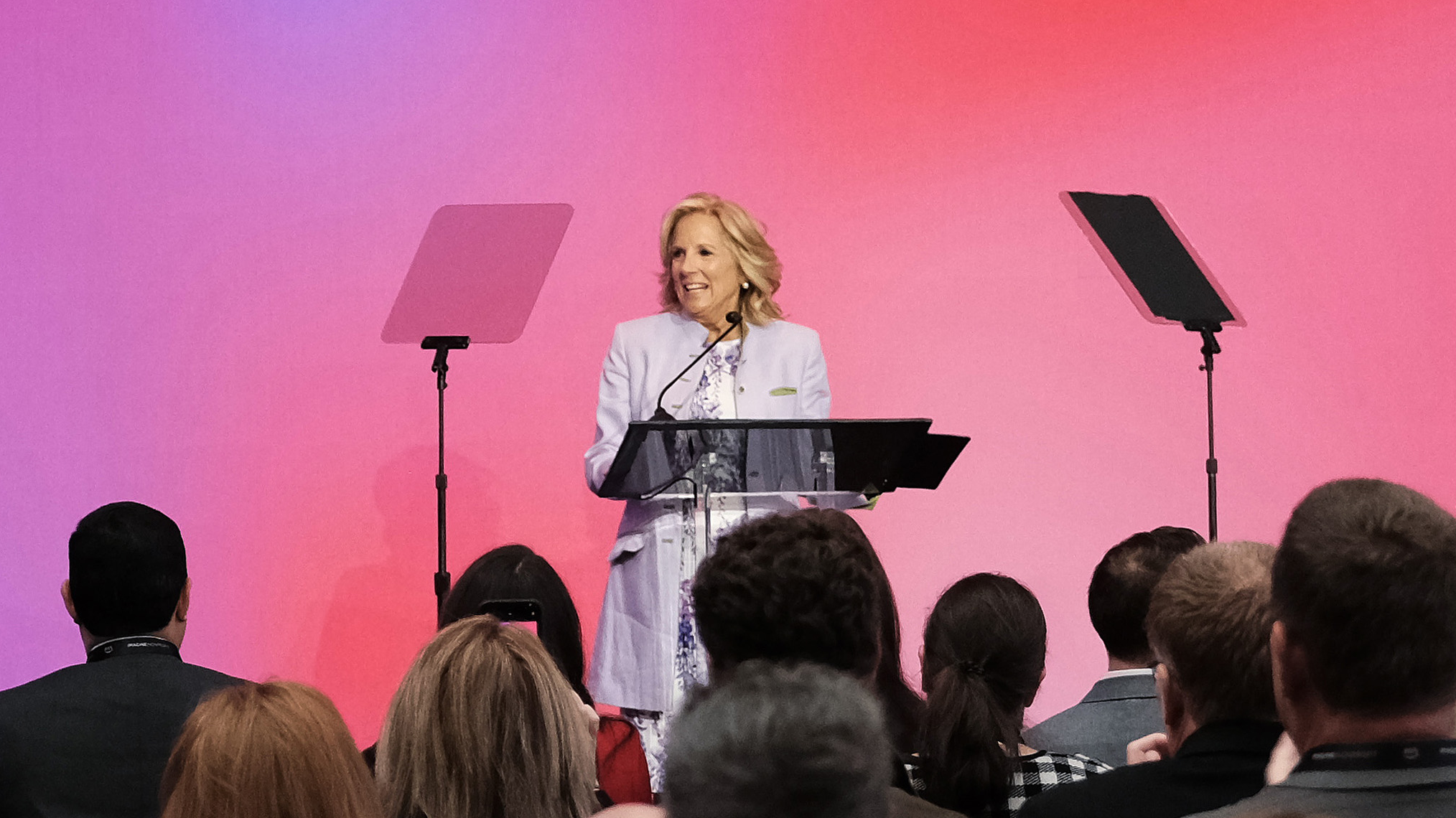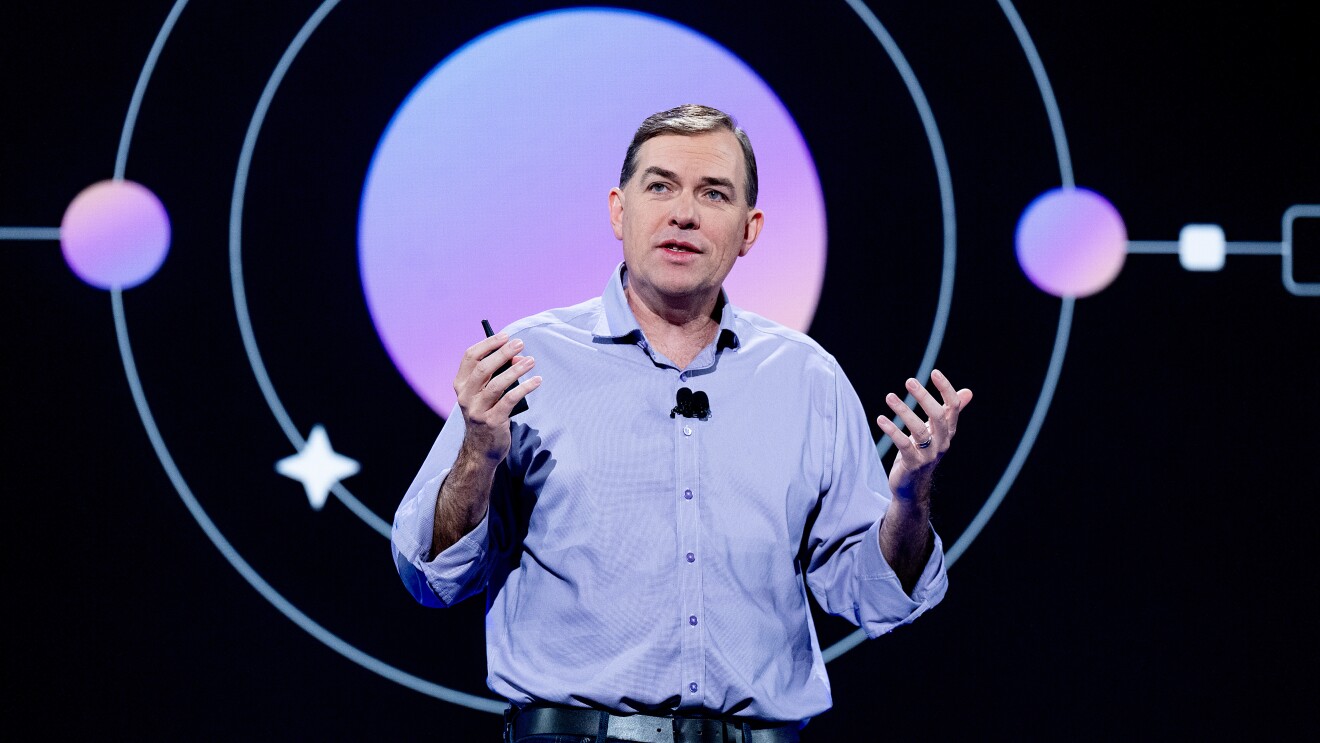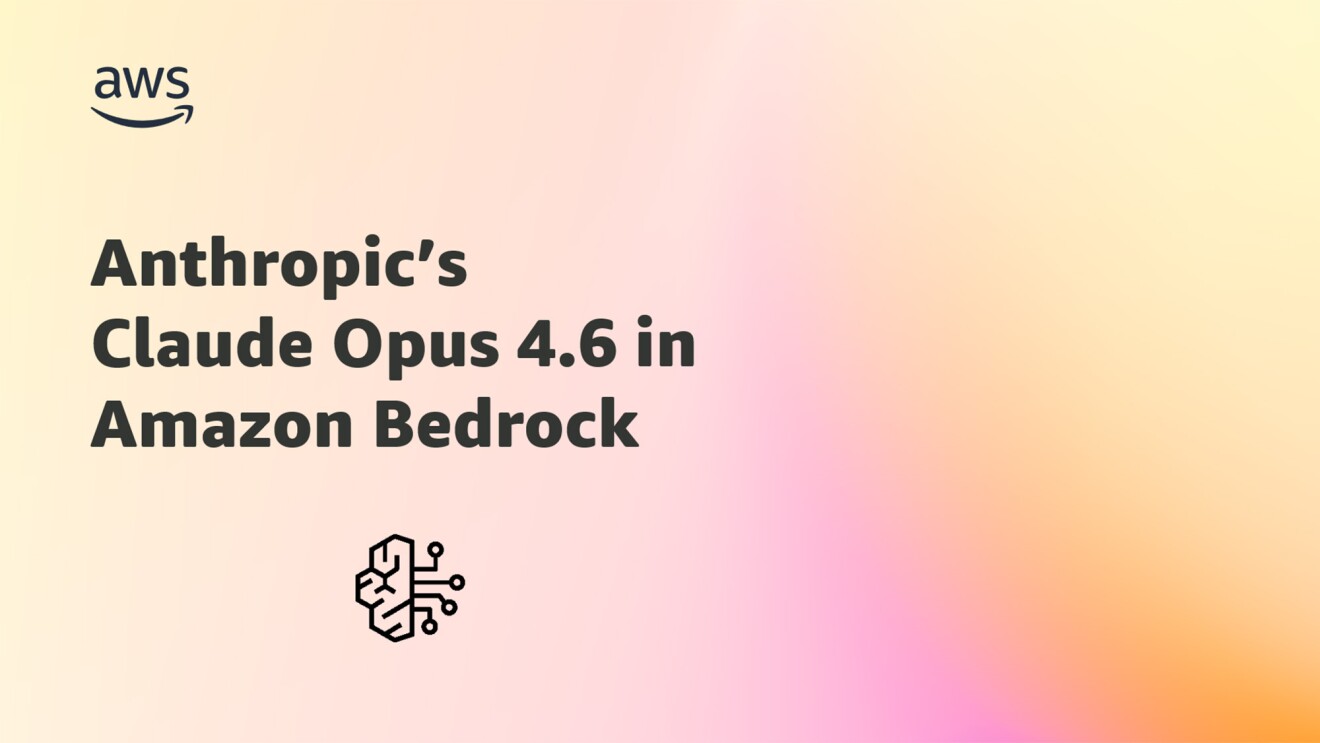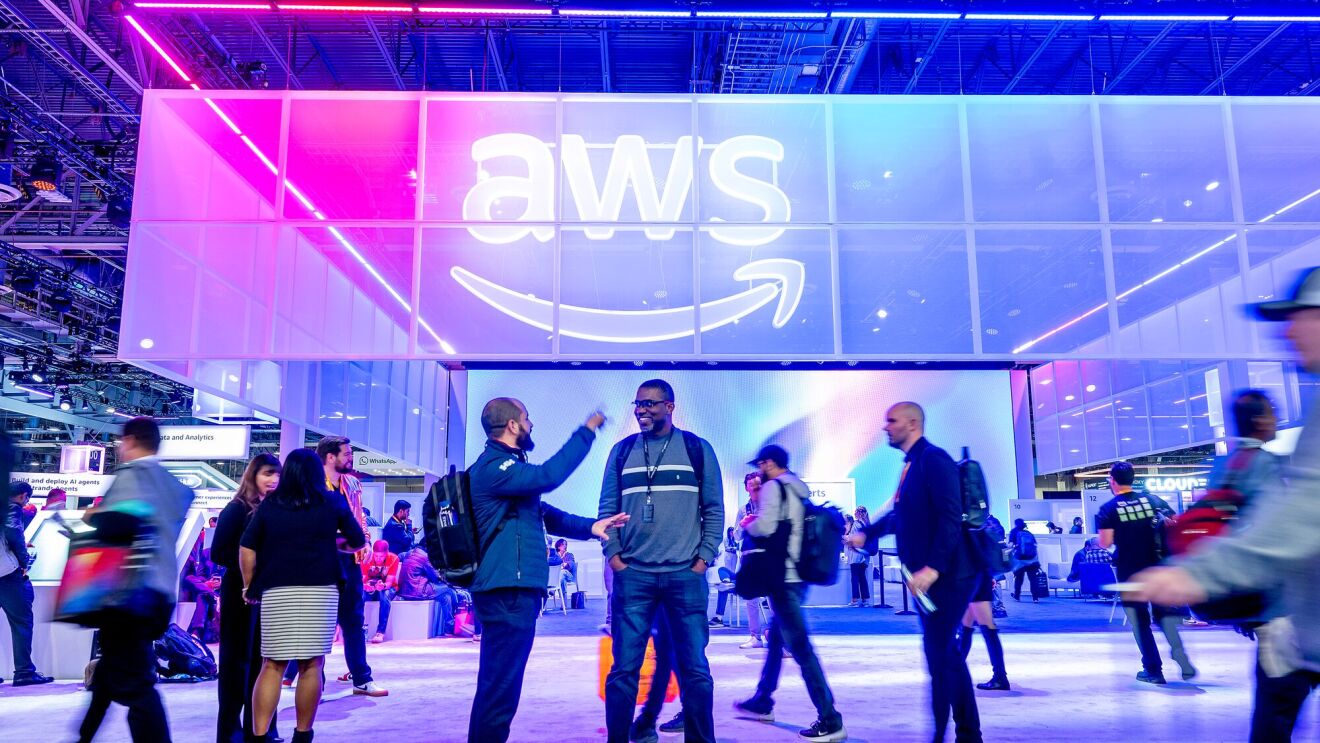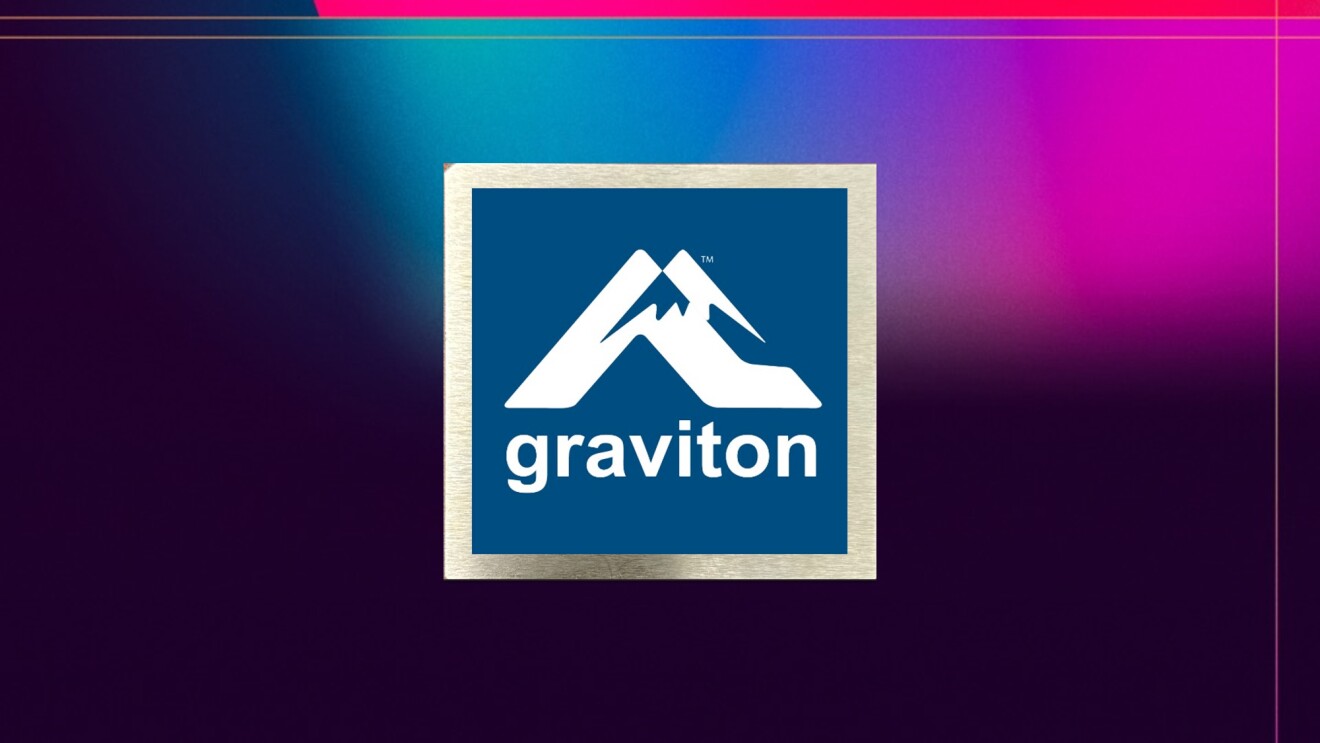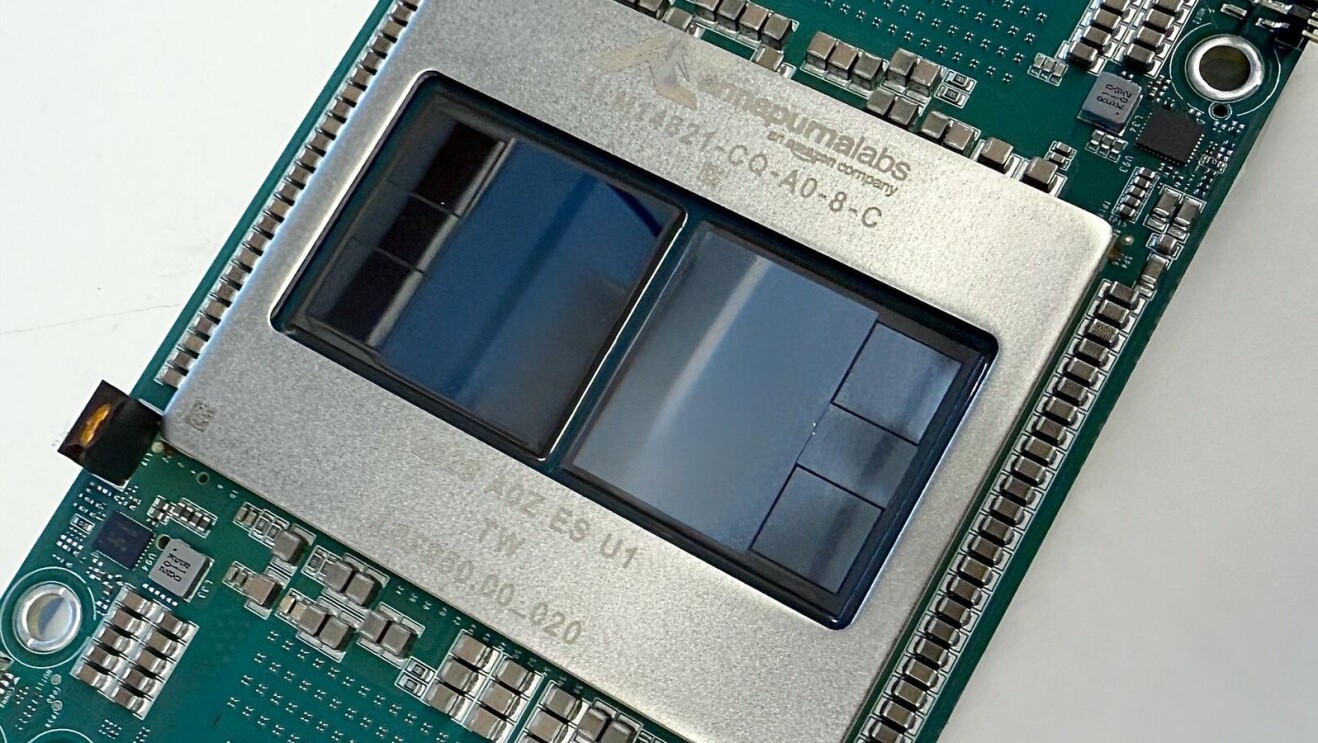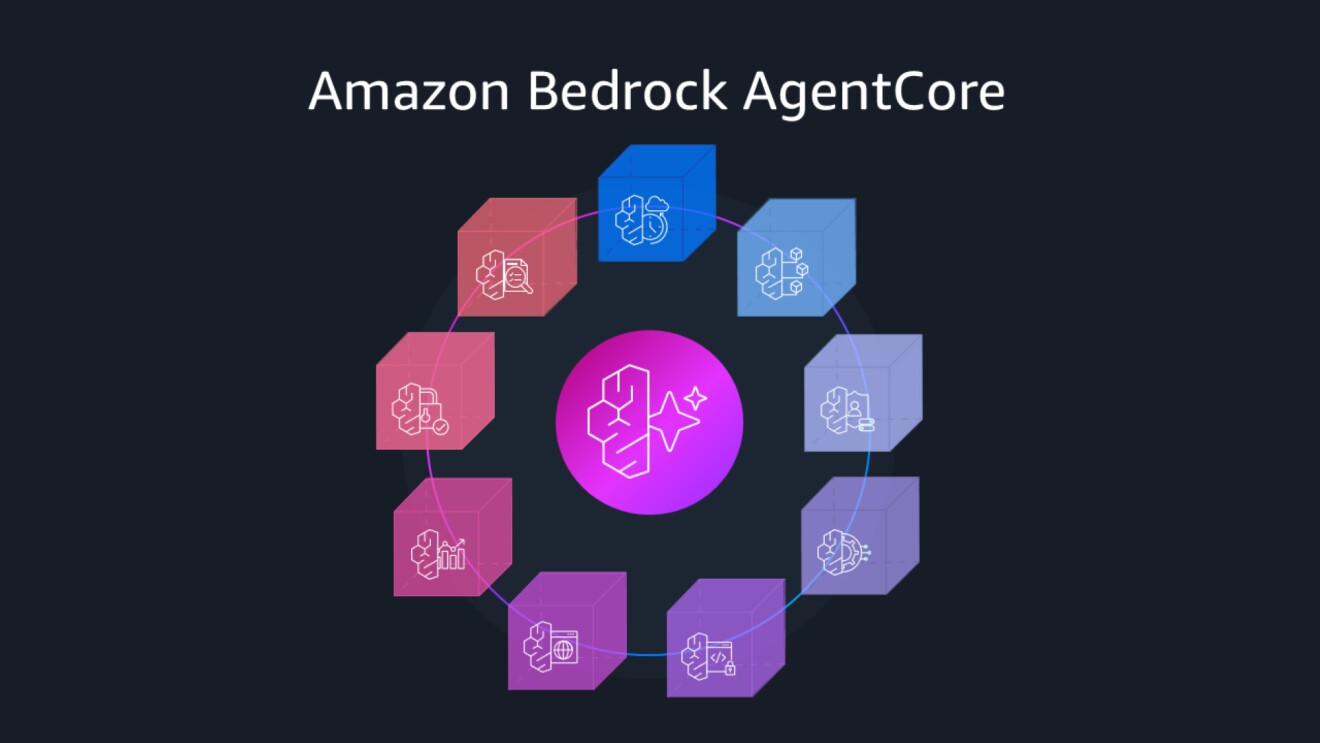October 30, 2024
Today, Amazon Web Services (AWS) announced the inaugural AWS IMAGINE Grant: Children’s Health Innovation Award, which recognizes visionary institutions in the nonprofit healthcare sector who are using generative artificial intelligence (AI) and advanced cloud services to drive progress across critical children’s health domains. This group represents AWS’s first cohort of recipients of the investment in children’s health announced earlier this summer.
"We are thrilled to support these organizations as they pursue groundbreaking advancements in children's health, pediatric care, and research enabled by the AWS Cloud," said Dave Levy, head of worldwide public sector at AWS. "From applications of generative AI to enable precision care in pediatric genomics, to AI-powered tools for physicians that will provide access to more data insights than ever before, these organizations have bold plans to improve children's health outcomes on a global scale. We're excited to work closely with them to realize these goals with cloud technology."
The 2024 Children’s Health Innovation Award recipients are: Texas Children's Hospital, Rady Children's Hospital and Institute for Genomic Medicine, Children's Mercy Hospital,Memorial Sloan Kettering Cancer Center, Association of Public Health Laboratories, Elizabeth Glaser Pediatric Aids Foundation, Brightpoint, Great Ormond Street Hospital, and Centre Hospitalier Universitaire Sainte-Justine.
These organizations are poised to drive transformation across a variety of children’s health disciplines, with this cycle focusing on projects that accelerate pediatric research, advance maternal child total health, and empower the pediatric workforce and caregivers. Rady Children’s Hospital and Institute for Genomic Medicine is building pediatric genomics large language models (LLMs) to improve treatment of rare pediatric diseases, the Elizabeth Glaser Pediatric Aids Foundation is applying generative AI techniques to provide clinicians with real-time insights into HIV patient risks in children, and Memorial Sloan Kettering (MSK) Cancer Center is developing advanced machine learning (ML) and generative AI models that will drive improvements in translational research and broad-scale changes in precision cancer care for children worldwide. These are just a few of the high-impact projects planned by grant recipients.
“Leveraging AI and cloud computing is a critical step for Rady Children's Institute for Genomic Medicine as we work towards making genetic testing more equitable, inexpensive and widely available," said Matthew Bainbridge, Ph.D, Supervising Research Scientist at Rady Genomics, a nonprofit research institute at Rady Children's Hospital San Diego. "Working with AWS allows us to utilize their expertise in AI and cloud computing to improve the speed and access to pediatric genetic testing, ultimately shortening a child’s diagnostic odyssey.”
June 26, 2024
Nicole Giroux knows what it’s like to wait for a precise diagnosis—and the effective treatment that comes along with it.
Her daughter Lila first showed symptoms of inoperable brain cancer nearly 15 years ago. Lila was just 15 months old at the time. Due to a lack of data, it would take an excruciating five years before the Giroux family had a more specific understanding of the molecular make-up for their little girl’s tumor.
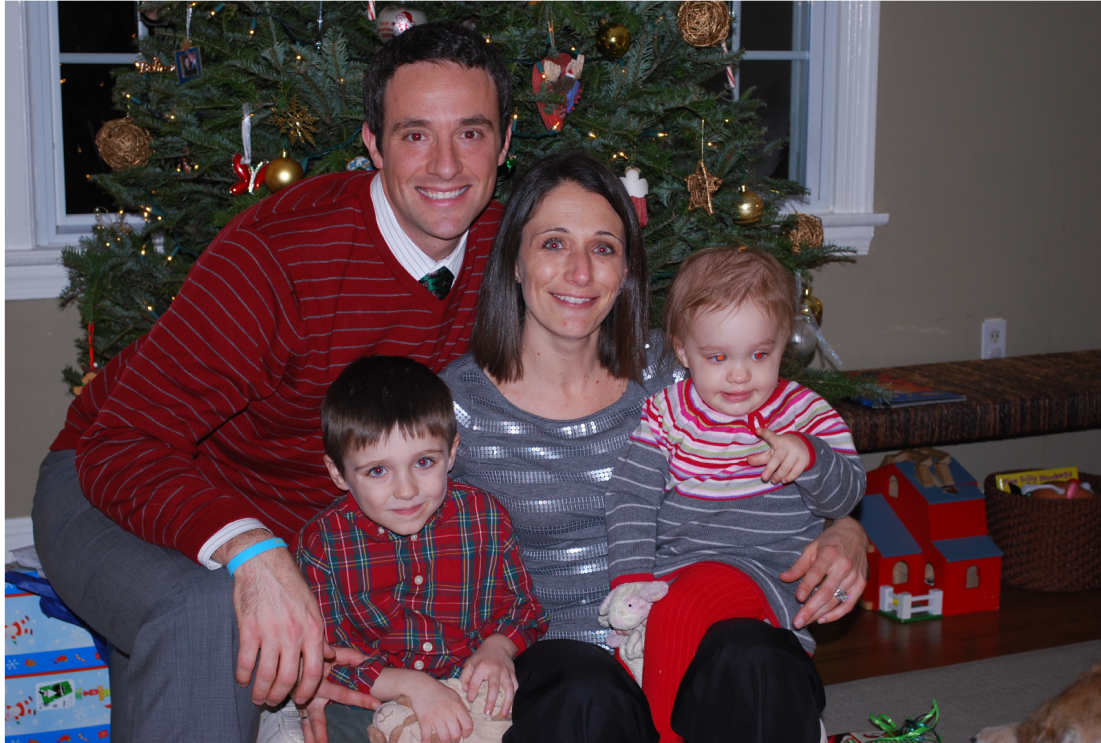 The Giroux family on Christmas in the early days of Lila's treatment.
The Giroux family on Christmas in the early days of Lila's treatment.“Shortly into that journey with treatment, my husband and I learned about the complete lack of treatment options for childhood brain cancer and the lack of funding available for research,” Giroux said.
In honor of her daughter, Giroux went on to start the Lilabean Foundation for Pediatric Brain Cancer Research. The foundation’s mission is to fund critical childhood brain cancer research and to help raise awareness of the severity of the fatal disease.
At the AWS Summit in Washington D.C., June 26-27, 2024, AWS announced its commitment of $10 million to empower nonprofit institutions to harness the power of the AWS cloud to advance pediatric and children’s causes worldwide. The funding will help to provide access to vital research for a vulnerable patient population that often suffers from restricted resources and limited sample sizes.
The initiative will support a growing consortium of hospitals and other institutions that use both cloud computing and AI with the common goal to accelerate research and discoveries. By more effectively managing data in the cloud, researchers will be able to better understand the genetic make-up of diseases, which leads to quicker, more accurate diagnoses—and more effective personalized treatments for patients.
AWS’s $10 million dollar commitment includes a $3 million philanthropic commitment that will be distributed between three organizations. The following organizations will receive $1 million dollars each to support their ongoing, mission-driven work: Children’s National Hospital in Washington, D.C.; Nationwide Children’s Hospital in Columbus, Ohio; and the Children’s Brain Tumor Network, located at CHOP. The Lilabean Foundation is a member organization of the Children’s Brain Tumor Network.
Through the new AWS IMAGINE Grant: Children’s Health Innovation Award, $7 million will be available to additional organizations for projects that accelerate pediatric research, advance maternal child total health, and/or empower the pediatric workforce and caregivers.
Pediatric diseases often get little attention, and fewer resources devoted to research
Although there are some serious side effects from many years of chemotherapy treatments, Lila is now an otherwise thriving 16-year-old. So many others are not that fortunate.
Childhood cancers like Lila’s make up less than 1% of all cancers diagnosed annually in the U.S. And while the five-year survival rates for childhood cancers are improving in developed nations, as many as two-thirds of childhood cancer survivors experience long-term effects from their treatments.
Clinical study data remains limited for many pediatric diseases and their treatments. Most registered pediatric studies are small-scale, single-center, and not funded by private industries or the federal government, which means fewer treatments are being studied over time. Because drug companies have less financial incentive to develop treatments for this small group of patients, children with cancer and other rare diseases often follow treatment plans that are adapted from adult protocols, and aren’t customized for their needs.
Genetic mutations also differ between childhood and adult cancers, which adds complexity for researchers. These distinct challenges for pediatric research require advanced solutions.
AI-driven medical research is the next frontier
Creating cloud-based data repositories is only the first step to more effectively treat rare childhood diseases. AWS can power data-driven insights and innovative applications to enhance care, increase efficiency of care delivery, and personalize treatment plans.
Helping Doctors Treat Pediatric Cancer Using AWS Serverless with Nationwide Children's Hospital
For the team at Children’s National Hospital AI-powered applications are already helping to screen babies for rare genetic conditions by assessing facial features using smartphone cameras to identify subtle changes in those features shortly after birth.
AWS is deeply committed to supporting the important work needed to advance pediatric health, and this philanthropic commitment will empower nonprofit institutions around the world to harness the power of the AWS cloud to advance pediatric and children’s causes.
Learn more about the AWS IMAGINE Grant: Children’s Health Innovation Award program.
Learn more about the AWS IMAGINE Grant: Children’s Health Innovation Award program.


